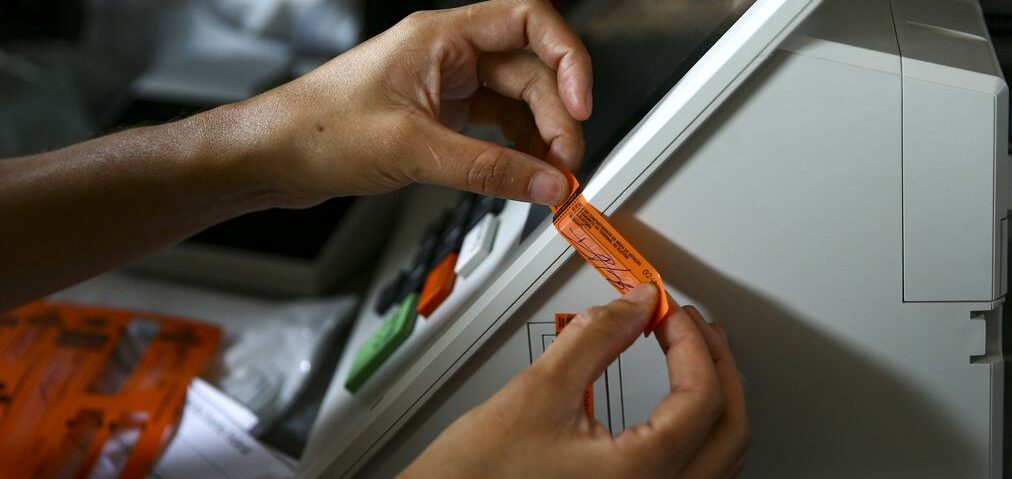“News of an audit of the ballot boxes carried out by the Armed Forces, through delivery of a report to the candidate for re-election, appears to demonstrate the intention to satisfy the electoral will expressed by the Chief Executive, and could characterize, in theory, a misuse of purpose and abuse of power” , warned the president of the TSE in the order.
ADVERTISING
According to Estadão, the decision came in response to a representation filed by the Rede Sustentabilidade party. Alexandre de MoraThe Defense was given 48 hours to provide the information. President Jair Bolsonaro, target of the representation, You will have five days to present your defense about the allegations made by the Network.
Document
The party sued the electoral court questionI go live in which the head of the Executive would have insinuated the hiring of a private audit to monitor the elections. The Network argued that such intention “discredits the electoral system and weakens the Democratic Rule of Law”, in addition to pointing out “the claim of distorted and direct involvement of the Armed Forces in the election”.
The Network's main request was for the TSE to prevent the hiring of a private audit of electronic voting machines. However, Minister Alexandre de Moraes understood that the request is hampered because the electoral process is ongoing. On the other hand, the minister found it pertinent to demand from the Ministry of Defense the conclusions on the inspection carried out during the first round.
ADVERTISING
Parallel counting
The Ministry of Defense conducted a type of “parallel count” in 462 polling stations spread across the country. Armed Forces officers were sent to polling places to collect ballots (BUs), which are the documents printed at the end of polling day. election. The objective was to compare the results of the BUs with the official information released by the TSE to ensure that there was no fraud in the process.
However, 17 days after the first round, the Defense remains silent about what he found in the “parallel counting”.
O TCU carried out the same procedure as the Armed Forces, on 541 electronic voting machines, and presented the results of the audit two days after the announcement of the end of the first round. The TCU report attests to the security of the system and states that there were no complications on voting day, nor attempts at fraud.
ADVERTISING




